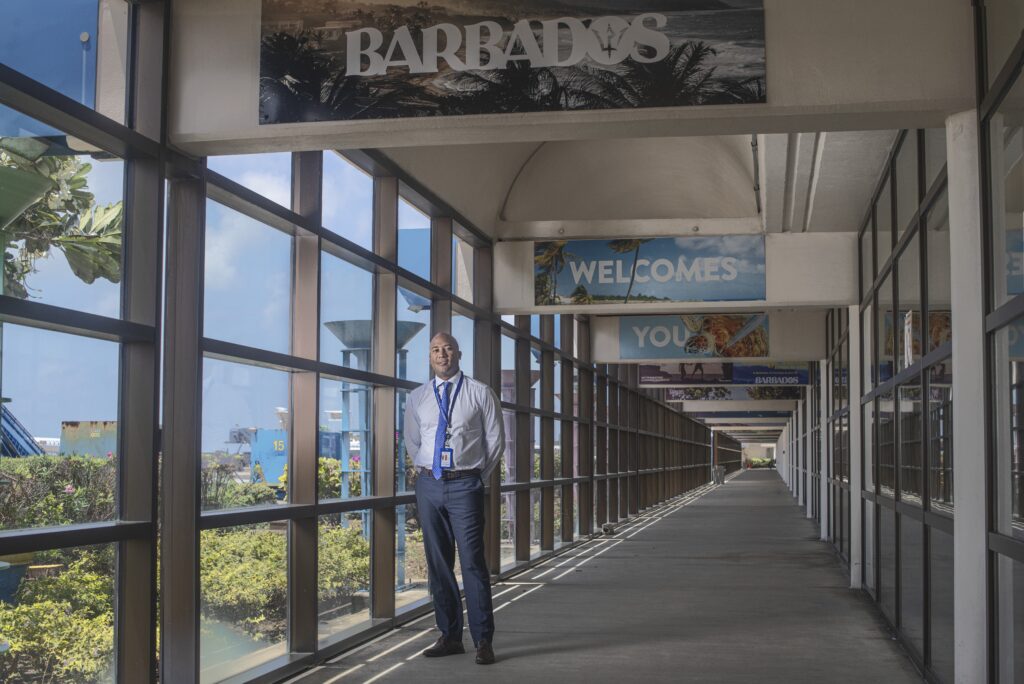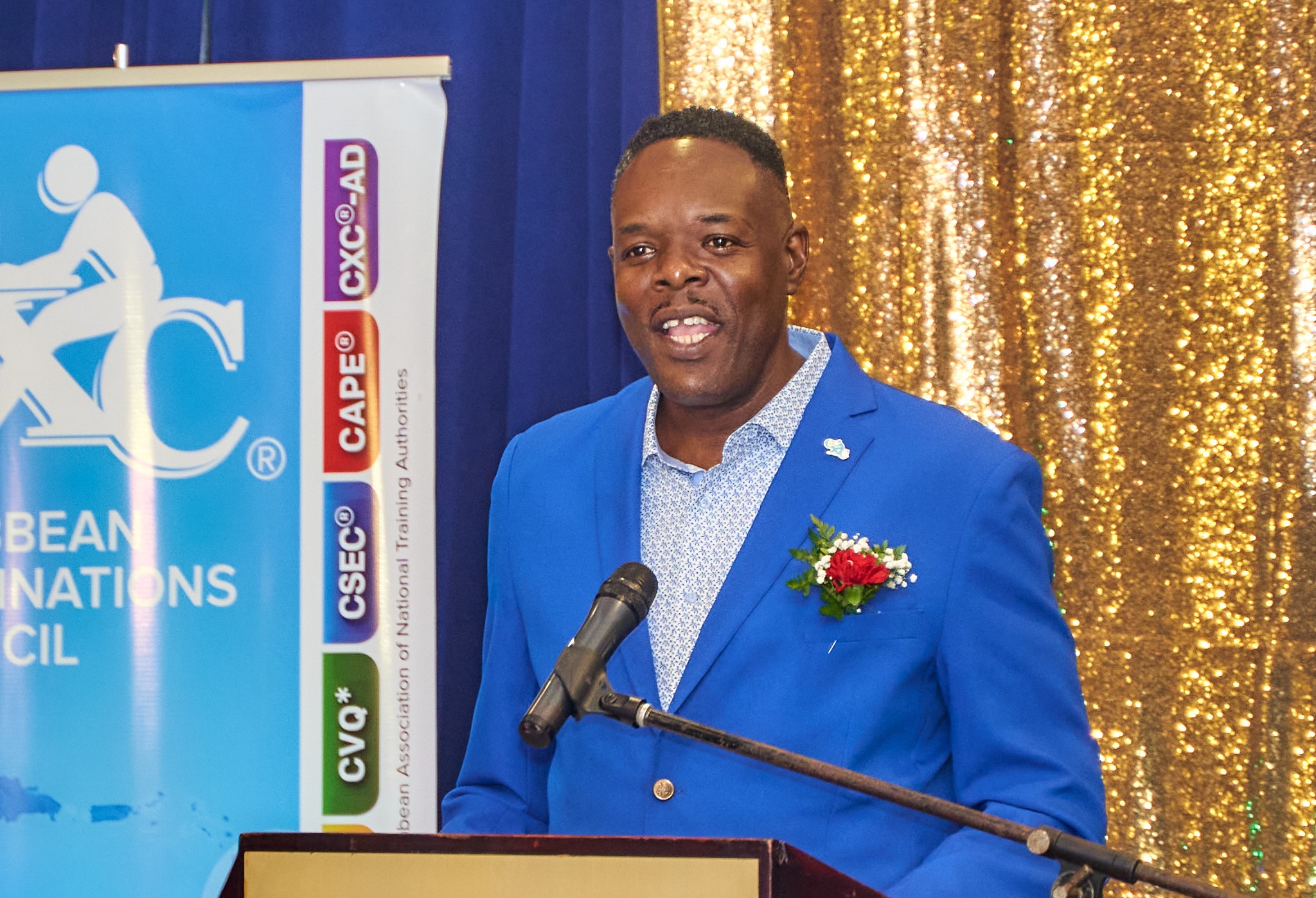NCSA to Strengthen Early Warning Systems in Response to Rise in New Psychoactive Substances in Barbados

January 11, 2025
The National Council on Substance Abuse (NCSA) in Barbados is enhancing early warning systems to address the rise of new psychoactive substances (NPS) over the past five years. Deputy manager Troy Wickham emphasizes the need to monitor emerging drug trends and collaborate with drug reduction professionals.
The National Council on Substance Abuse (NCSA) intends to strengthen its early warning systems after noticing an influx of new psychoactive substances (NPS) into Barbados over the last five years.
Deputy manager Troy Wickham said they will be striving to better manage the emerging drug trends.
“We have been recognising that the local drug situation has been slowly diversifying over the last five years. It’s important for us, as the authority in Barbados, to keep on top of this situation as much as possible with the assistance of persons working in the drug reduction fields – this is treatment facilities, persons working in supply control and law enforcement agencies,” he told the Saturday Sun in an interview.
New psychoactive substances, also known as “synthetic drugs” or “legal highs”, are chemicals made to act in a similar way to drugs like cannabis, ecstasy, cocaine or methamphetamine. They appear in different forms, including powders and pills.
Although called ‘“new”, some have been around for decades and are often sold as incense, bath salts, plant food or are misleadingly marketed as safer or legal alternatives to other drugs.
Last year, the NCSA issued two alerts relating to the discovery of methamphetamine, ecstasy and two separate synthetic cannabinoids – lab-made substances similar to chemicals found in the cannabis plant.
Increasing
Wickham noted that the use of these and NPSs have been increasing in the western hemisphere.
“That in itself has actually sparked our interest to focus a lot more in what we call new psychoactive
substances, because for many years, we were seeing persons presenting themselves to treatment facilities with what we call more traditional substances, such as synthetic cannabinoids, Xanax, heroin.
“That does not mean that they’re on-island, that is something we can’t prove because people can come here for treatment. However, we have recognised that persons are trying new stuff based on the fact that we discovered methamphetamine onisland and synthetic cannabinoids. There were actual seizures from law enforcement on our ports of entry,” he added.
Wickham emphasised the importance of inspecting what chemicals are found in these drugs.
“We’re not sure what they’re using, but basically the rationale for having a strong operational early warning system in place is to assist law enforcement and persons involved in the treatment to manage and control the use of these new psychotic substances to the Barbados market,” he said.
The NCSA will engage with stakeholders in the early warning system on January 22 at the Courtyard by Marriott in Hastings, Christ Church, as part of activities marking Drug Awareness Month.
( JRN)


